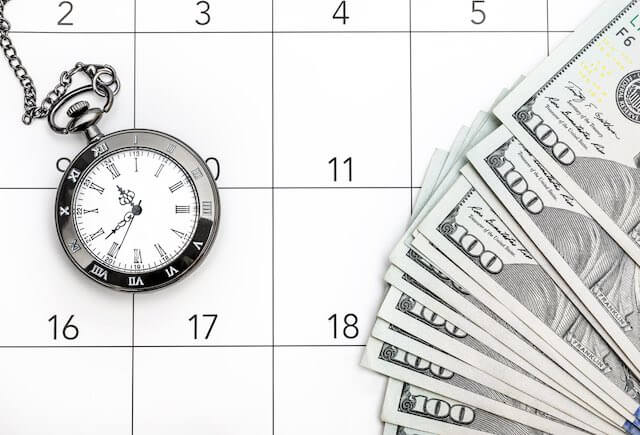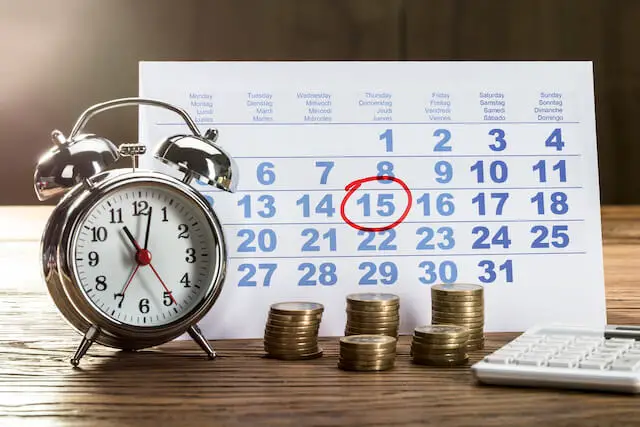December is certainly one of the busiest times for OPM because of the surge of retirement applications that they receive, but is it really the best time to retire to deserve this much attention?
Annual Leave Payout
One major reason that many federal employees choose to retire in December is in efforts to get the most out of their unused annual leave.
This is because you will receive a lump sum payment for any annual leave you have on the books when you retire. Generally, this payment will equal the pay that you would have received had you remained employed until your annual leave ran out.
And as many of you know, because annual leave is use-or-lose, most employees can only take a maximum of 240 hours of annual leave across to a new year. So, by saving your annual leave and retiring in December, you could get a lump sum payment for much more than 240 hours.
For many federal employees, this lump payment can easily be north of $10,000.
Is That It?
So, outside of annual leave, are there any other major universal reasons to retire in December over other months?
Well, not really.
Once you take annual leave out of the equation then the decision on when to retire becomes a lot more personalized. Here are the major things to consider.
Cash Reserves
One major reason that federal employees like to get a large annual leave payout is so that they can use that amount to fund the first months of retirement before their pension is finalized.
Check out this article for more info on how long it will take to start receiving your pension in retirement.
This is because at retirement you will want to make sure you have 6-12 months worth of expenses saved to get you through the beginning of retirement.
This way you won’t have to worry about how long OPM takes because you have little control over that anyway.
If you are approaching retirement and don’t already have a cash reserve you may want to consider doing a TSP in-service withdrawal (if you are over 59 and ½) before you retire to make sure that you’ll have at least some cash accessible right away.
If you are younger than 59 and ½ then you may want to consider (assuming you don’t have any other sources of cash) cutting back on your TSP contributions before retirement in order to have cash on hand, but you will always want to contribute at least 5% into the TSP to get your agency’s match.
When Do You Want To Retire?
The one side of this that often gets neglected is thinking through what time you would personally love to retire. Would it be summer time to enjoy the weather? Would it be April because that is the earliest you are eligible to retire?
Obviously you will want to make sure your retirement date makes sense financially but the more prepared you are then the less the specific retirement date matters. There is often a happy medium between when it makes sense to retire and when you’d prefer to retire.
Pick A Date Now!
No matter how old you are, the first step in preparing for retirement is by setting a date to do so.
Picking a retirement date is extremely powerful because it gives us a deadline to work towards.
Once you know when you want to be done working then you can work it backwards to find out when you should be doing other things such as submitting your application (usually done about 3 months before retirement).
If you are within a year of retirement then it can often be very helpful to talk to a retirement specialist in your HR to talk through your plans and they can guide you through some of the next steps.





